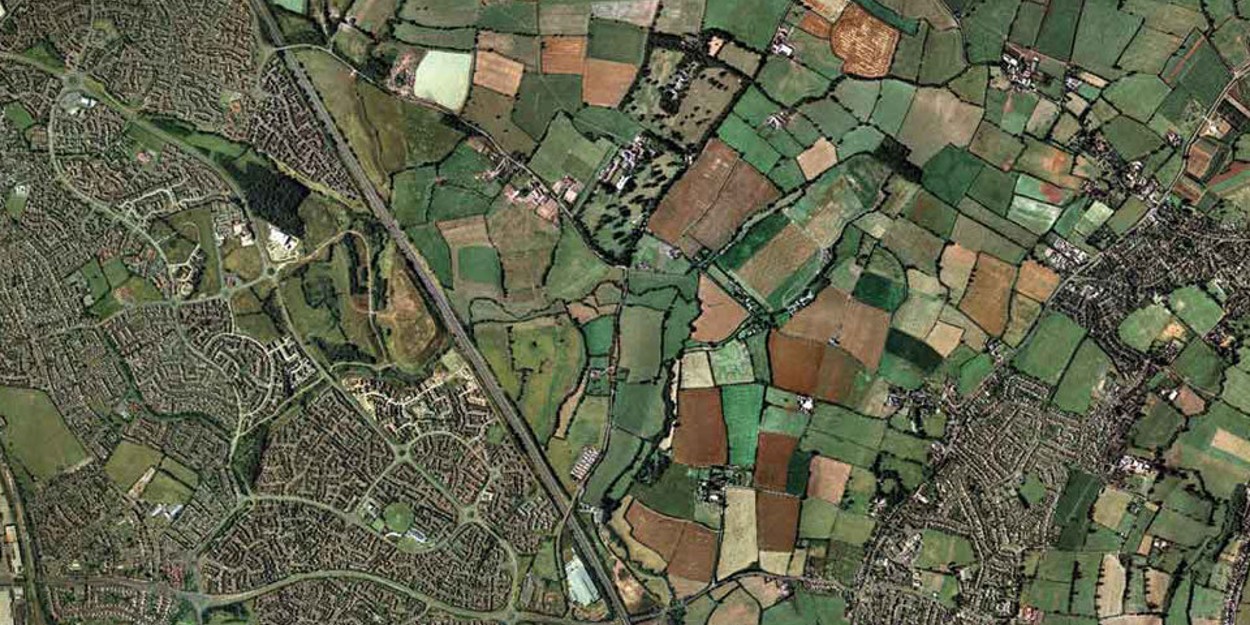
The Grey Belt: What is it?

The Labour government has popularised the term ‘grey belt’ but what does it really mean? It refers to land within the green belt which provides none of the advantages of green belt land.
Often, grey belt areas can include disused car parks, scrubland, waste ground, derelict sites among other things. It isn’t the typical fields and forests that are usually associated with the green belt.
The ‘grey belt’ and the Labour Government
Since coming into office, the Labour government has given particular attention to the grey belt. Especially due to their commitment to build 1.5 million homes. The government claims that work on the grey belt won’t sprawl onto areas of genuine green belt and say it will help prioritise housing developments.
Changes to grey belt definitions are in effect as of July 2025. The changes in the ‘grey belt’ definition will help improve operability. The alterations tighten the rules and stop councils from releasing and developing land too easily
Changes from the previous government
The previous Conservative administration saw the ‘grey belt’ as a compromise in planning reforms, to develop on the green belt without creating significant controversy by introducing open green-belt reforms.
However, the Labour government is utilising the green belt as a way to work toward solving the housing crisis to tackle soaring rents, falling home ownership and record levels of homelessness.
Impact on developers
The government hopes the encouragement of ‘grey belt’ land will lead to developers targeting strategically located land near urban fringes and support building houses near strong transport links and near existing crucial infrastructure.
Developers will begin to see new opportunities for medium to large scale sites which could be the location of new developments. Many of these sites previously would have been unviable due to planning restrictions.
Policy makers are hoping the policy changes will help mitigate land scarcity, especially in high-demand regions such as London, the South East and the midlands.



Walk Through Walls